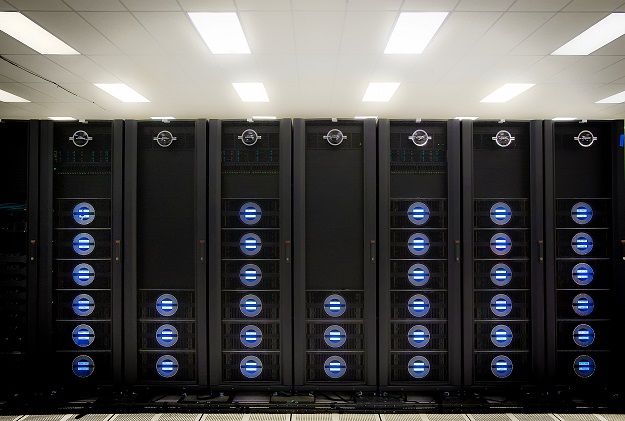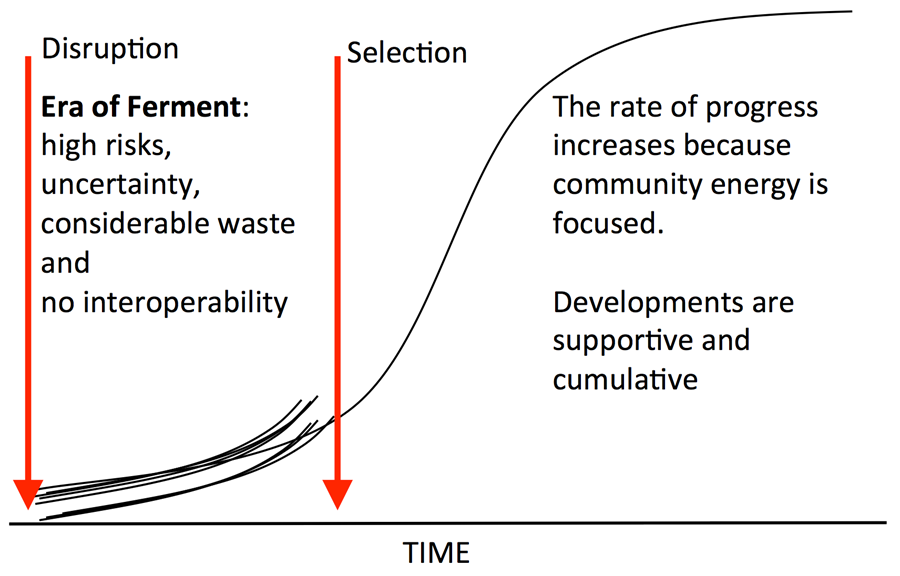Answering biological questions using HDF5 and physics-based simulation data
David Dotson, doctoral student, Center for Biological Physics, Arizona State University; HDF Guest Blogger
Recently I had the pleasure of meeting Anthony Scopatz for the first time at SciPy 2015, and we talked shop. I was interested in his opinions on MDSynthesis, a Python package our lab has designed to help manage the complexity of raw and derived data sets from molecular dynamics simulations, about which I was
Mohamad Chaarawi, The HDF Group
Second in a series: Parallel HDF5

NERSC’s Cray Sonexion system provides data storage for its Mendel scientific computing cluster.
In my previous blog post, I discussed the need for parallel I/O and a few paradigms for doing parallel I/O from applications. HDF5 is an I/O middleware library that supports (or will support in the near future) most of the I/O paradigms we talked about.
In this blog post I will discuss how to use HDF5 to implement some of the parallel I/O methods and some of the ongoing research to support new I/O paradigms. I will not discuss pros and cons of each method since we discussed those in the previous blog post.
But before getting on with how HDF5 supports parallel I/O, let’s address a question that comes up often, which is,
“Why do I need Parallel HDF5 when the MPI standard already provides an interface for doing I/O?”

